Norris, V., Lender, D. | January 21, 2020.
This comprehensive guide outlines the theory, reflection, and skill development of the practitioner - the true power house of Theraplay. By maintaining a focus on practice throughout, embedding theory into practice examples, it brings the spirit of Theraplay to life. Part 1 covers the key principles of the intervention; Part 2 addresses Theraplay in Practice: how to use the Marschak Interaction Method (MIM), how to set up a room and choose activities and considerations for working with different client groups; Part 3 encourages the reader to engage in their own development and the stages involved; and Parts 4 and 5 provide a wealth of useful resources, checklists, handouts, sample sessions and an up-to-date list of Theraplay activities.
Whether you are a Theraplay practitioner, or simply want to find out how this remarkable intervention works, this book is essential reading.
Order Now →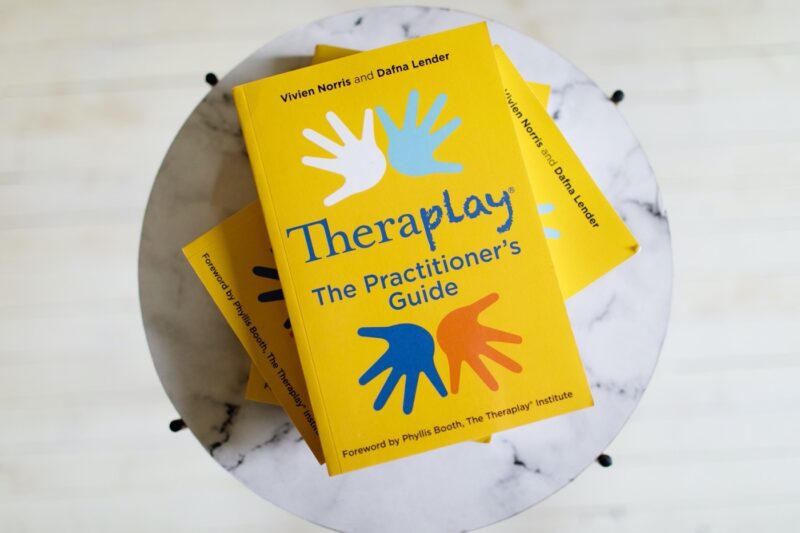
Norris, V., Rodwell, H. | January 21, 2020
Parenting with Theraplay®: Understanding Attachment and How to Nurture a Closer Relationship with Your Child provides an overview of Theraplay and the psychological principles that it is based on, parents and carers will gain an understanding of the basic theory of the model along with practical ideas for applying Theraplay to everyday family life. Through everyday case studies and easy language, parents will gain confidence and learn new skills for emotional bonding, empathy, and acceptance in the relationship with their child.
Order Now →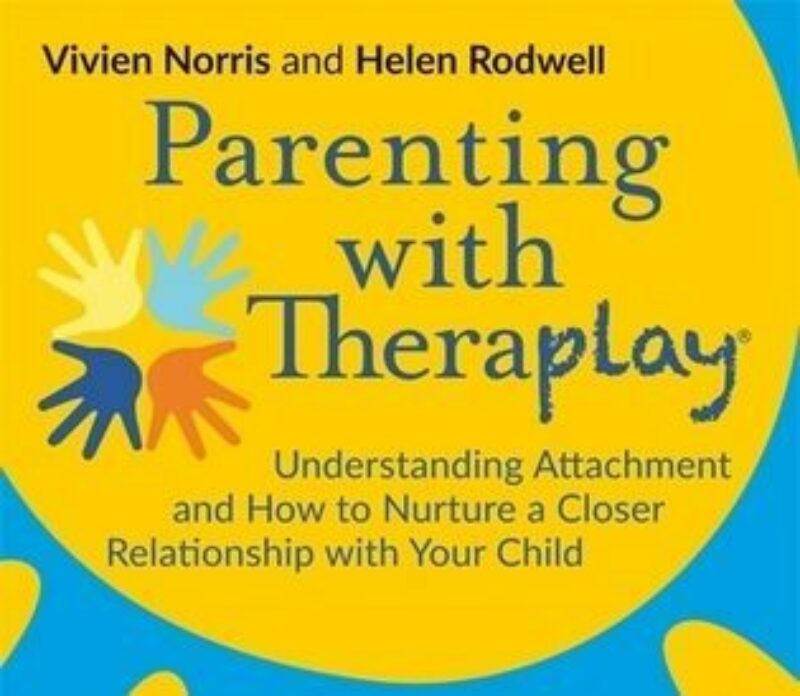
Hughes, D., Baylin, J. | April 23, 2012
Learning to be a “good parent” is contingent upon learning how to manage this stress, understand its brain-based cues, and respond in a way that will set the brain back on track. To this end, Hughes and Baylin define five major “systems” of caregiving as they’re linked to the brain, explaining how they operate when parenting is strong and what happens when good parenting is compromised or “blocked.” With this awareness, we learn how to approach kids with renewed playfulness, acceptance, curiosity, and empathy, re-regulate our caregiving systems, foster deeper social engagement, and facilitate our children’s development.
Order Now →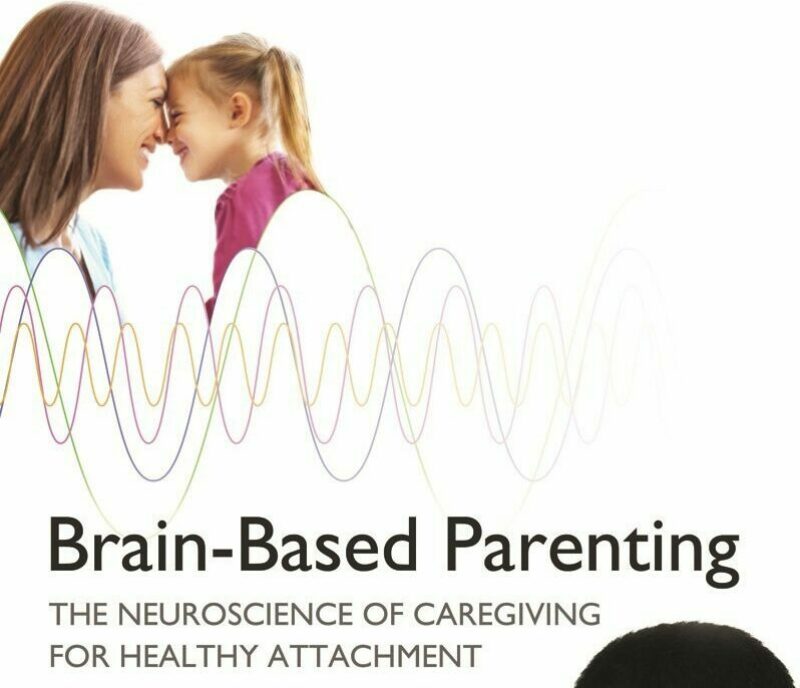
Hughes, D. | May 17, 2007
Daniel A. Hughes, a leading practitioner in his field, specializes in an attachment-oriented approach to family therapy. Applying his model to children and families with a range of psychological problems, this book distills just the clinical strategies, offering practitioners a host of practical exercises and interventions on the core skills of his treatment program.
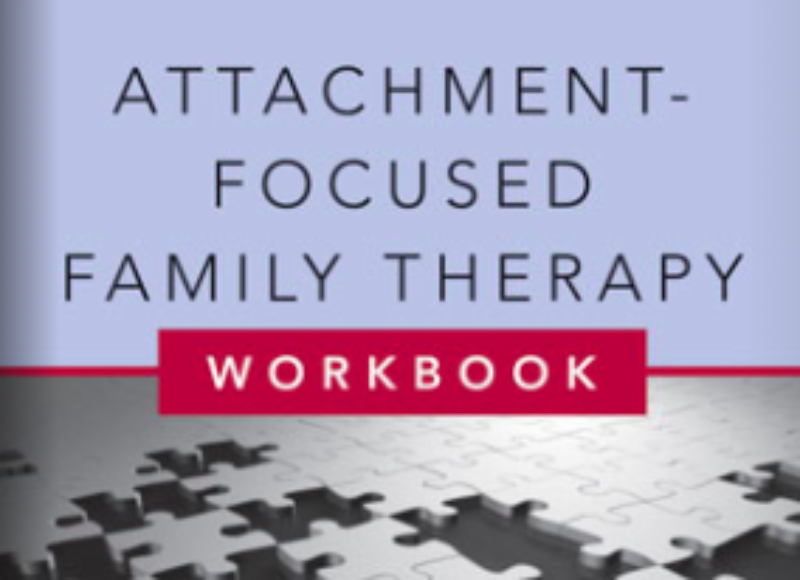
van der Kolk, A. Bessel | September 8, 2014
Trauma is a fact of life. Veterans and their families deal with the painful aftermath of combat; one in five Americans has been molested; one in four grew up with alcoholics; one in three couples have engaged in physical violence. Dr. Bessel van der Kolk, one of the world’s foremost experts on trauma, has spent over three decades working with survivors. In The Body Keeps the Score, he uses recent scientific advances to show how trauma literally reshapes both body and brain, compromising sufferers’ capacities for pleasure, engagement, self-control, and trust. He explores innovative treatments—from neurofeedback and meditation to sports, drama, and yoga—that offer new paths to recovery by activating the brain’s natural neuroplasticity. Based on Dr. van der Kolk’s own research and that of other leading specialists, The Body Keeps the Score exposes the tremendous power of our relationships both to hurt and to heal—and offers new hope for reclaiming lives.
Order Now →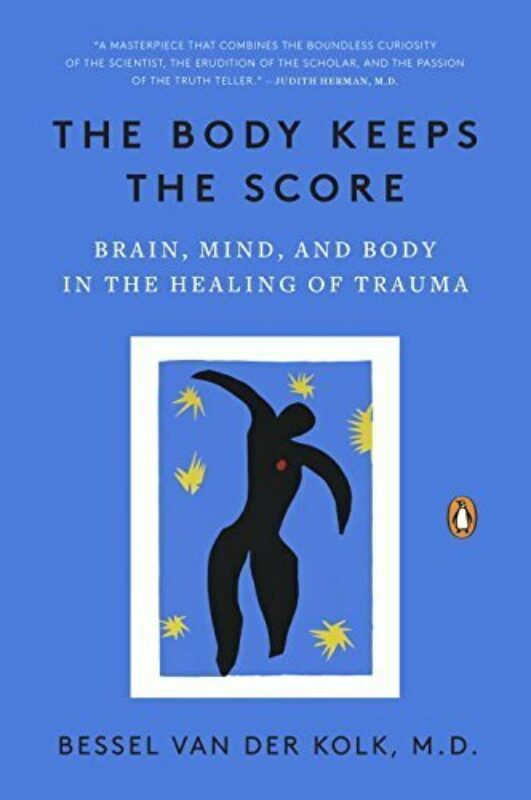
Perry, Bruce
In many situations, children who exhibit unhealthy and difficult behaviors (acting out, aggression, self-harm, sleep disturbances, and struggles with regulating emotions), have brain development challenges that can be addressed with proper intervention. The NMT provides the structure to identify experiences that may have impacted a child’s developing brain. The goal of NMT is to provide an assessment of the child, determine primary problems, identify key strengths and apply interventions in a way that will help family, educators, and therapists to best meet the needs of the child.
Learn More →
Dana, D. | May 15, 2018
Adding a polyvagal perspective to clinical practice draws the autonomic nervous system directly into the work of therapy, helping clients re-pattern their nervous systems, build capacities for regulation, and create autonomic pathways of safety and connection. With chapters that build confidence in understanding Polyvagal Theory, chapters that introduce worksheets for mapping, tracking, and practices for re-patterning, as well as a series of autonomic meditations, this book offers therapists a guide to practicing polyvagal-informed therapy.
Order Now →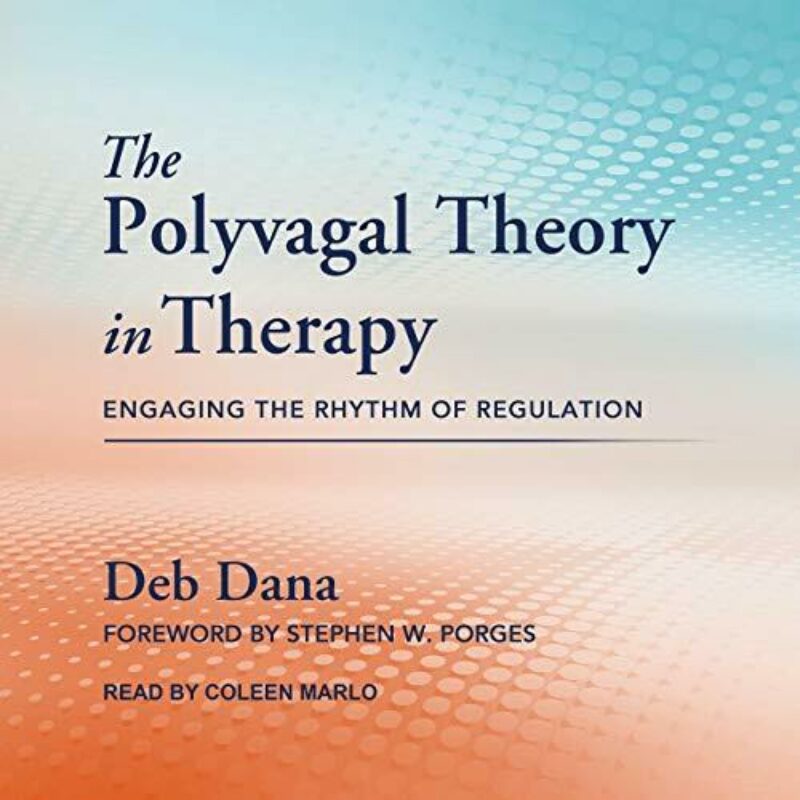
Levine, P. | July 7, 1997
Waking the Tiger normalizes the symptoms of trauma and the steps needed to heal them. People are often traumatized by seemingly ordinary experiences. The reader is taken on a guided tour of the subtle, yet powerful impulses that govern our responses to overwhelming life events. To do this, it employs a series of exercises that help us focus on bodily sensations. Through heightened awareness of these sensations trauma can be healed.

Kranowitz, C. | April 4, 2006
The groundbreaking book that explains Sensory Processing Disorder (SPD)--and presents a drug-free approach that offers hope for parents--now revised and updated.
Order Now →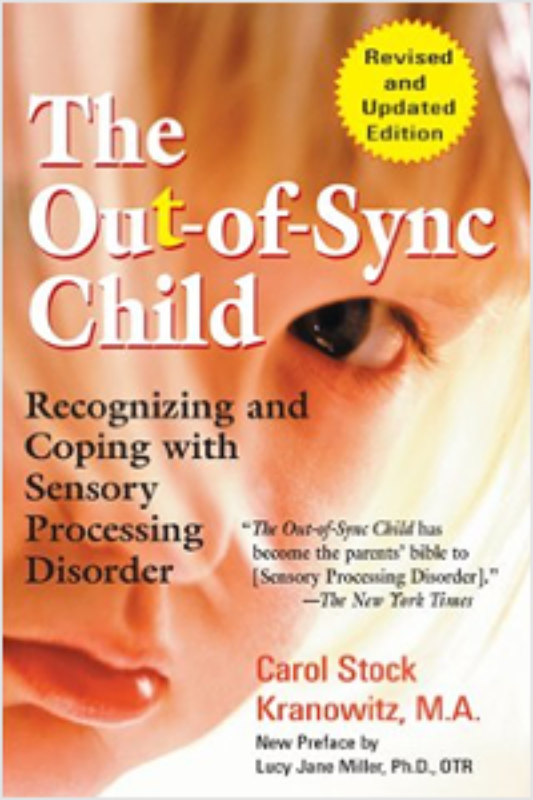
Karen, R. | April 23, 1998
Becoming Attached: First Relationships and How They Shape Our Capacity to Love.
Order Now →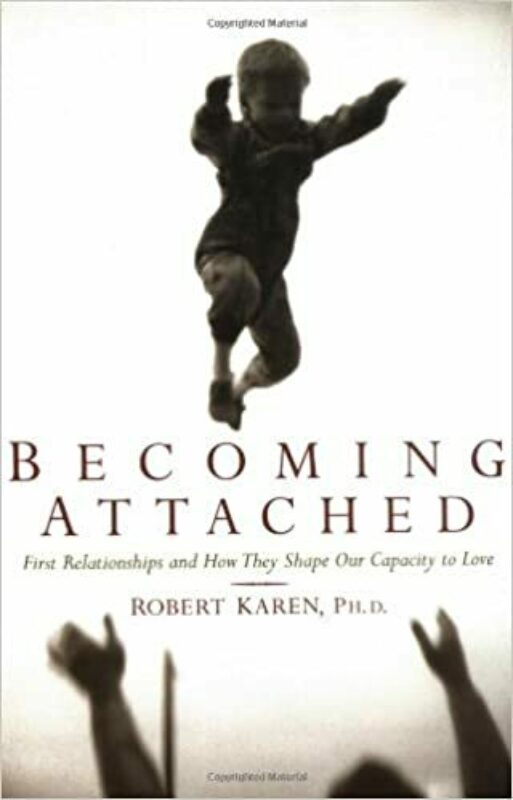
Muller, R | July 19, 2010
A large segment of the therapy population consist of those who are in denial or retreat from their traumatic experiences. Here, drawing on attachment-based research, the author provides clinical techniques, specific intervention strategies, and practical advice for successfully addressing the often intractable issues of trauma. Trauma and the Avoidant Client will enhance the skills of all mental health practitioners and trauma workers, and will serve as a valuable, useful resource to facilitate change and progress in psychotherapy.
Order Now →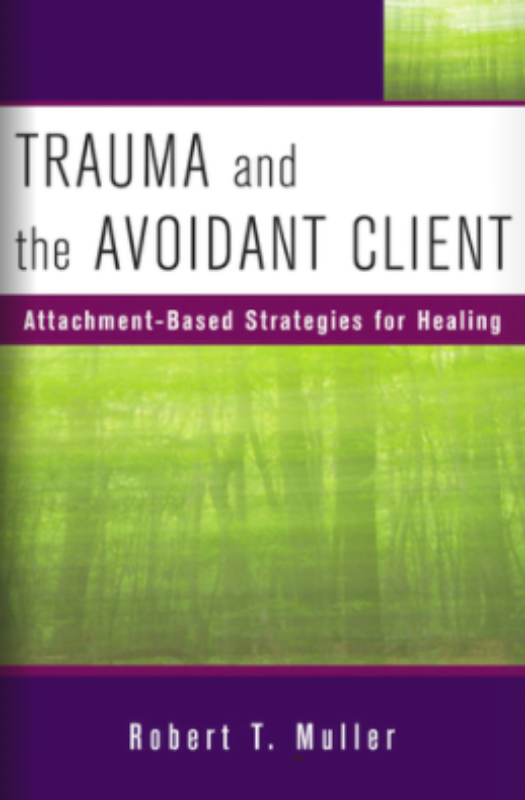
Wallin, D. | April 27, 2015
This eloquent book translates attachment theory and research into an innovative framework that grounds adult psychotherapy in the facts of childhood development. Advancing a model of treatment as transformation through relationship, the author integrates attachment theory with neuroscience, trauma studies, relational psychotherapy, and the psychology of mindfulness. Vivid case material illustrates how therapists can tailor interventions to fit the attachment needs of their patients, thus helping them to generate the internalized secure base for which their early relationships provided no foundation. Demonstrating the clinical uses of a focus on nonverbal interaction, the book describes powerful techniques for working with the emotional responses and bodily experiences of patient and therapist alike.
Order Now →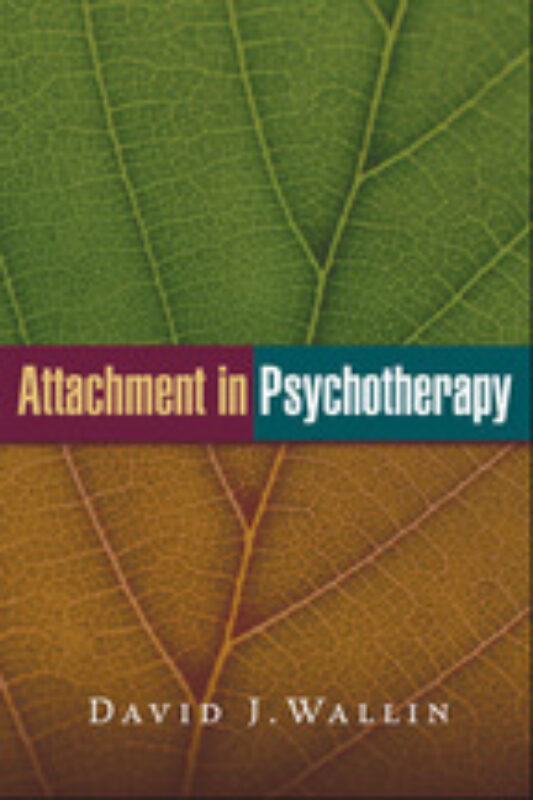
Steele, H., Steele, M. | March 3, 2008
The Adult Attachment Interview (AAI) is both a mainstay of attachment research and a powerful clinical tool. This unique book provides a thorough introduction to the AAI and its use as an adjunct to a range of therapeutic approaches, including cognitive-behavioral therapy, psychoanalytic psychotherapy, parent-infant psychotherapy, home visiting programs, and supportive work in the context of foster care and adoption. Leading authorities provide detailed descriptions of clinical procedures and techniques, illustrated with vivid case material. Grounded in research, the volume highlights how using the AAI can enhance assessment and diagnosis, strengthen the therapeutic alliance, and facilitate goal setting, treatment planning, and progress monitoring.
Order Now →
Buckwalter, K. Reed, Debbie | January 7, 2020
Building on their work at Chaddock, a nonprofit organization that has worked with some of the most challenging kids in the nation for more than 150 years, the authors empower frustrated parents with practical tips and real-life examples on how to
- minimize behavioral meltdowns
- reduce conflict - increase cooperation
- promote healthy attachment
- improve family relationships
The strategies they share work both for the child who is going through a difficult phase brought on by life disruption or trauma, and for the child who faces chronic struggles. Parents, teachers, and those who work with children and youth will find positive, practical steps they can start taking today in order to understand and address the baffling behavior of the child under their care.
Order Now →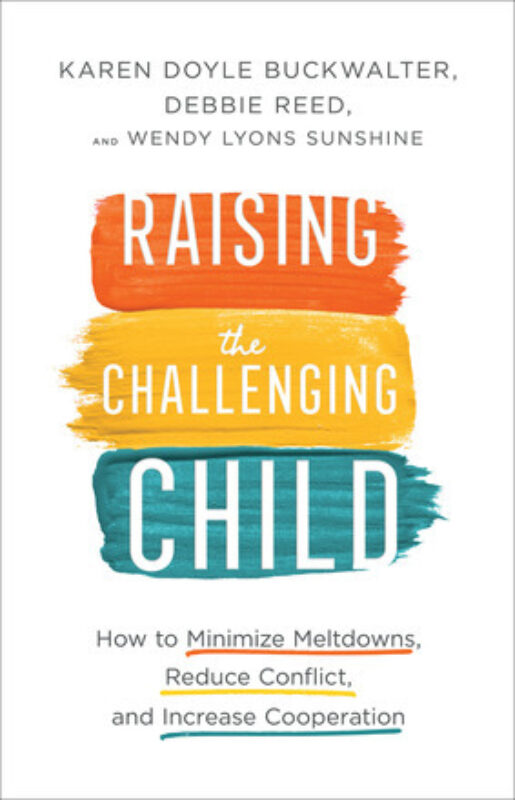
Siegel, D., Hartzell, M. | December 26, 2013
How many parents have found themselves thinking: I can't believe I just said to my child the very thing my parents used to say to me! Am I just destined to repeat the mistakes of my parents? In Parenting from the Inside Out, child psychiatrist Daniel J. Siegel, M.D., and early childhood expert Mary Hartzell, M.Ed., explore the extent to which our childhood experiences actually do shape the way we parent. Drawing upon stunning new findings in neurobiology and attachment research, they explain how interpersonal relationships directly impact the development of the brain, and offer parents a step-by-step approach to forming a deeper understanding of their own life stories, which will help them raise compassionate and resilient children.
Born out of a series of parents' workshops that combined Siegel's cutting-edge research on how communication impacts brain development with Hartzell's thirty years of experience as a child-development specialist and parent educator, Parenting from the Inside Out guides parents through creating the necessary foundations for loving and secure relationships with their children.
Order Now →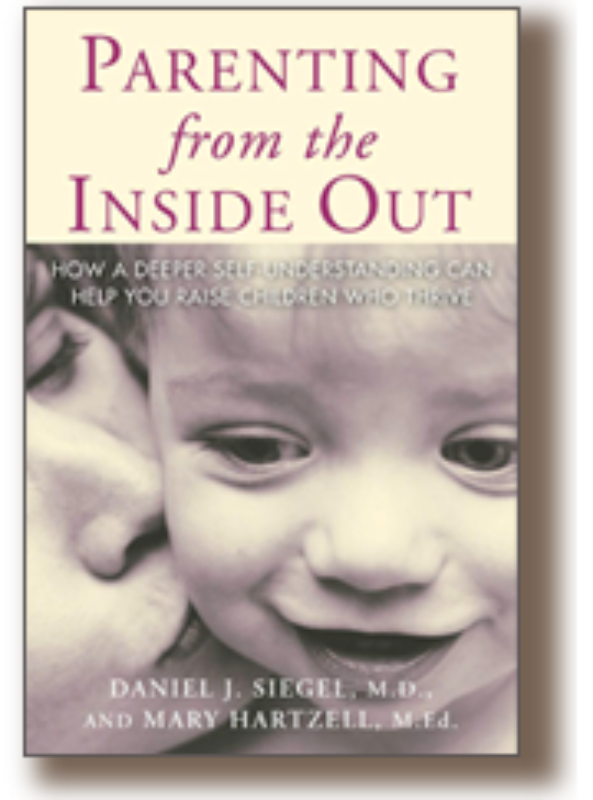
Sign up with your email to receive news and updates.